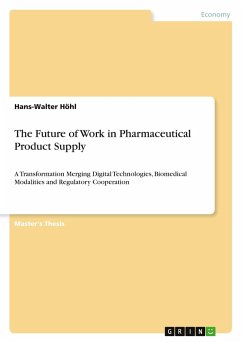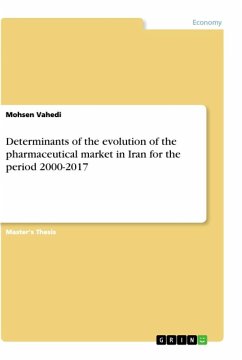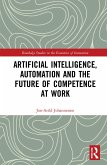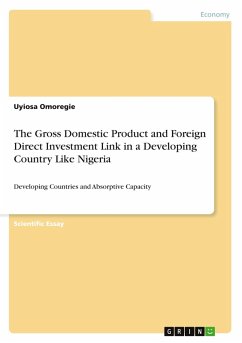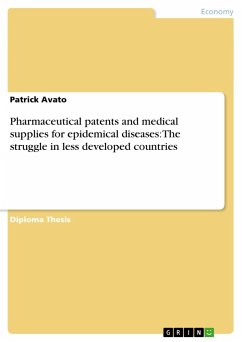Master's Thesis from the year 2024 in the subject Economy - Health Economics, grade: 1,0, Fachhochschule des bfi Wien GmbH (Master of Business Administration), course: Digital Transformation, language: English, abstract: This master's thesis examines the impact of digital transformation in the product supply domains of global pharmaceuticals companies, which are simultaneously affected by two additional factors: firstly, by novel biomedical drugs with complex manufacturing processes and logistics, and secondly, by the increasing use of AI and GenAI. These changes come with strict regulatory oversight, but require increasing cooperation with regulators. In particular, this work investigates the dilemma between adopting future operating principles for the rapidly evolving application of digital technologies, artificial intelligence and scientific product innovations in the traditional, slowly changing and highly regulated operating area of pharmaceuticals product supply. The aim is to gain insights into the following main research question: What will the future of work look like with the concurrent introduction of digital technologies, AI and innovative biomedical modalities in the strictly regulated environment of pharmaceuticals product supply? In addition, the following subquestions are answered: What technical skills and professional competencies will be required of employees in pharmaceuticals product supply in the future? How will relationships with regulators evolve in an environment shaped by innovations in digital technologies, AI and biomedical modalities?
Hinweis: Dieser Artikel kann nur an eine deutsche Lieferadresse ausgeliefert werden.
Hinweis: Dieser Artikel kann nur an eine deutsche Lieferadresse ausgeliefert werden.

